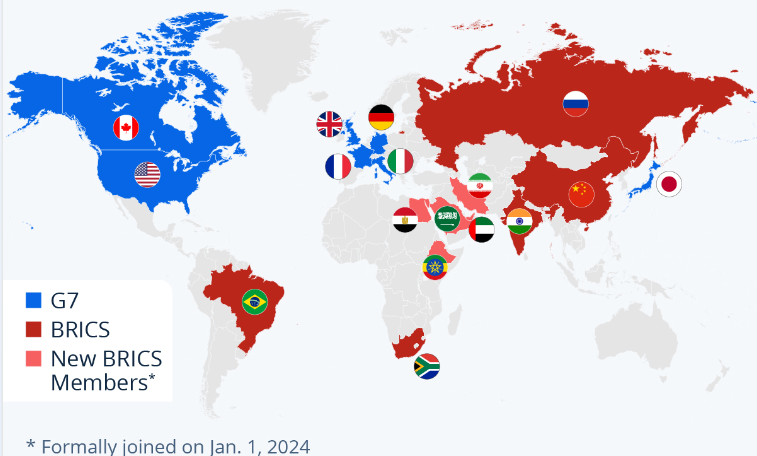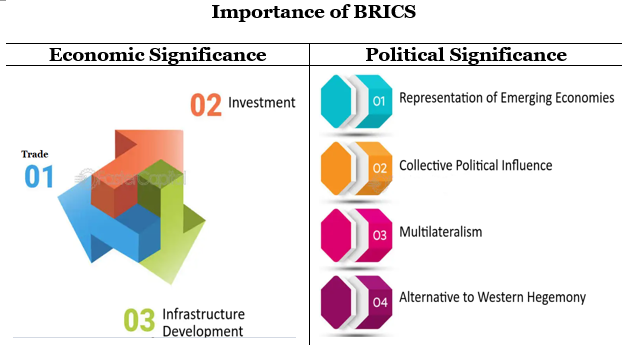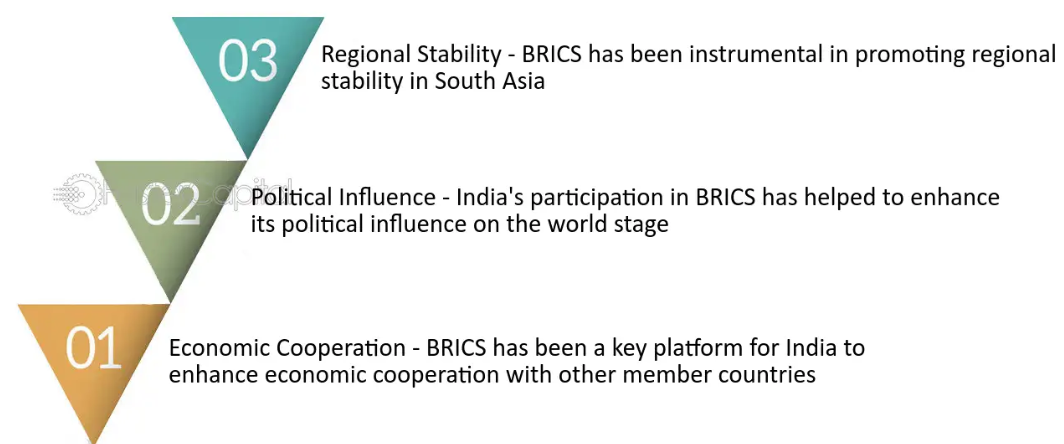7667766266
enquiry@shankarias.in
India welcomed the representatives of newly added members of BRICS at the BRICS Foreign Ministers Meeting that held at in Nizhny Novgorod, in western Russia.


UNSC Resolution 2728, adopted on in March 2024 demanded an immediate ceasefire for the month of Ramadan leading to a lasting sustainable ceasefire. It also demanded the immediate and unconditional release of all hostages.
Significance for the world

Significance for India
